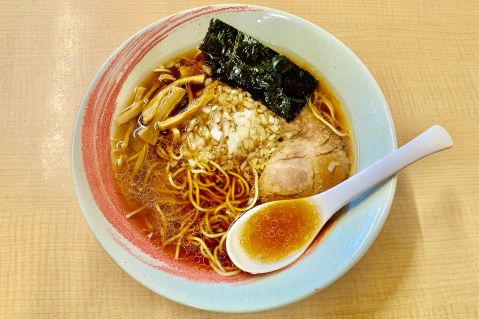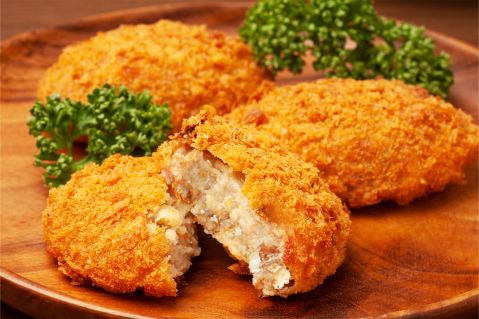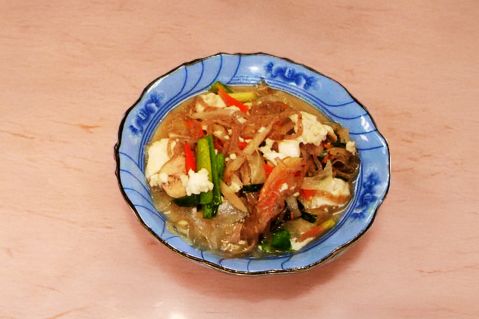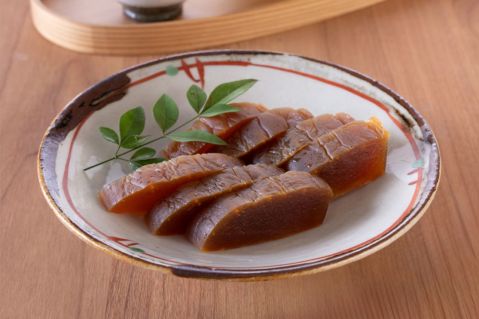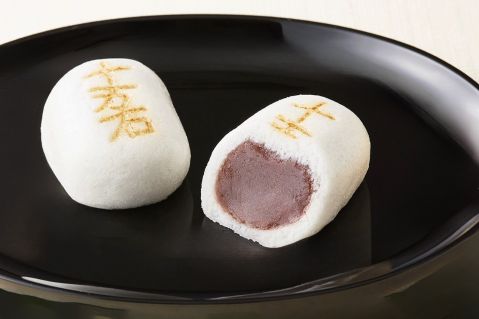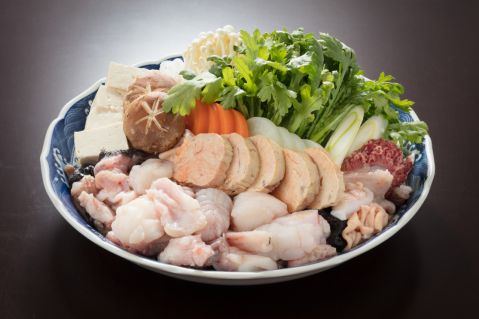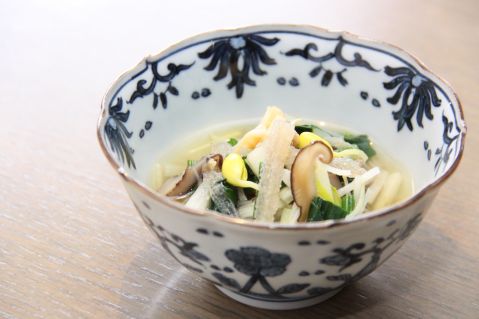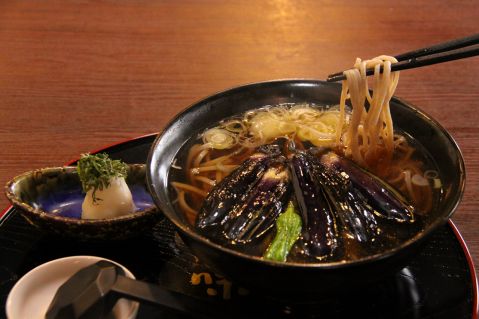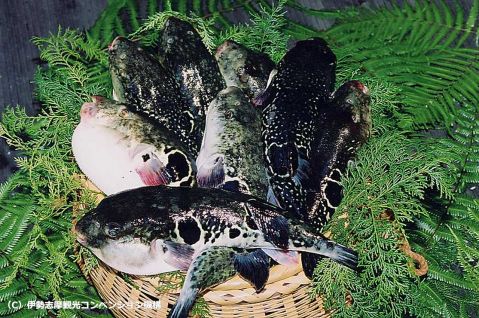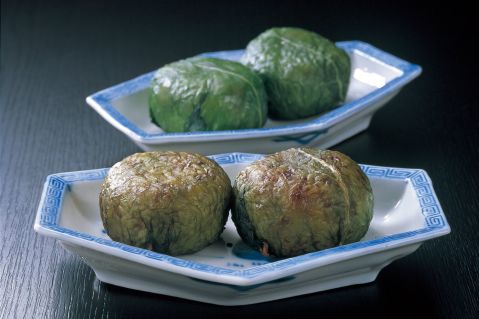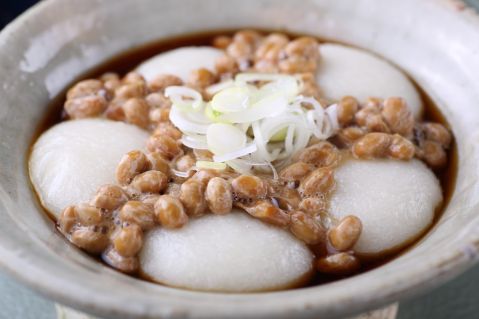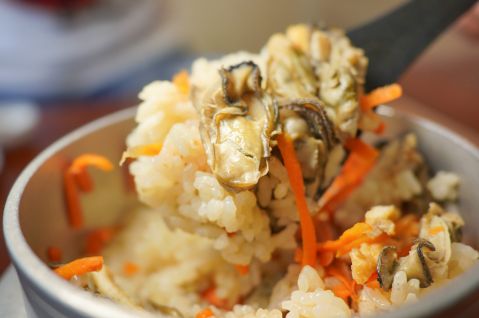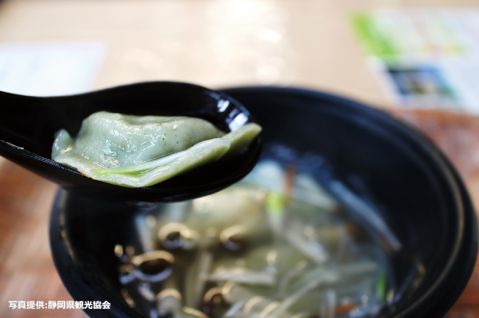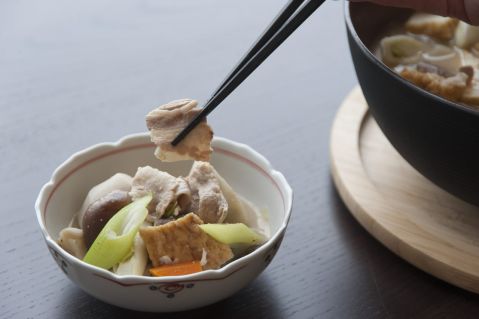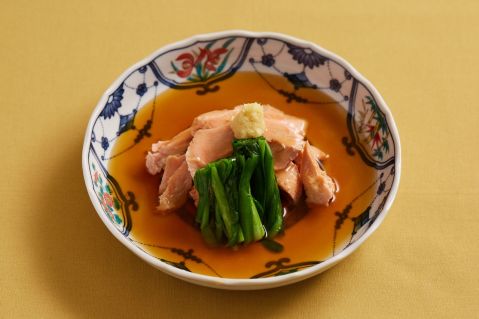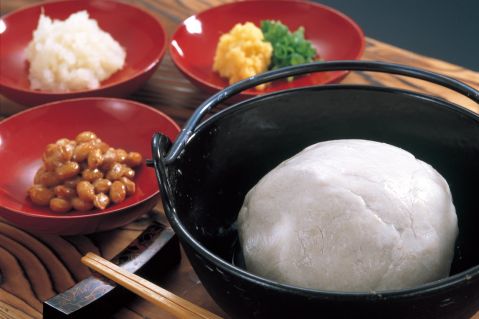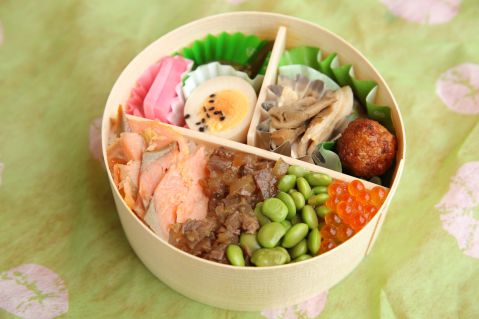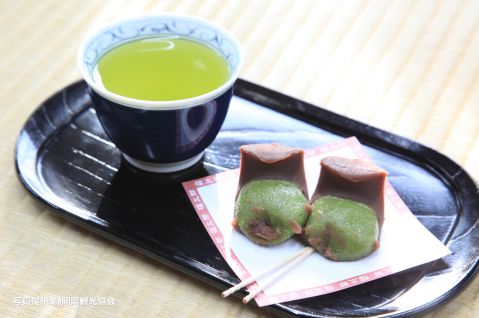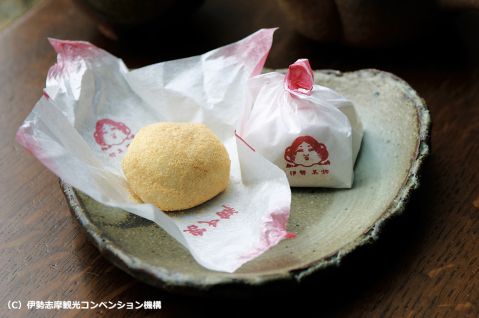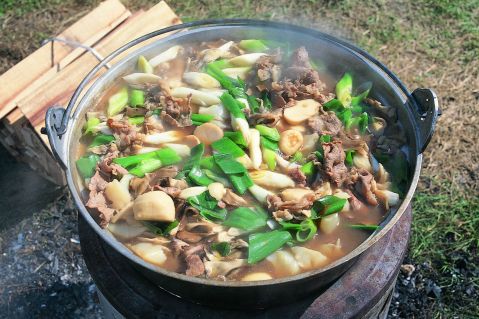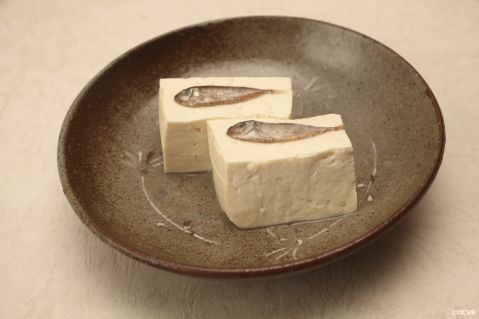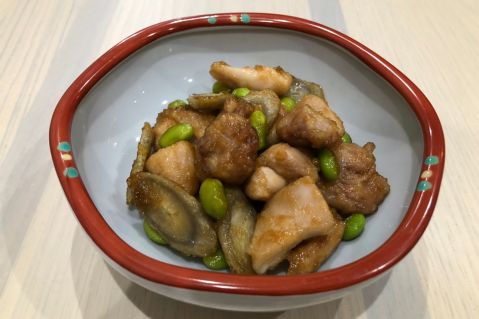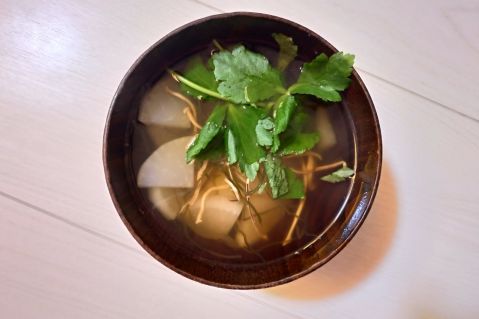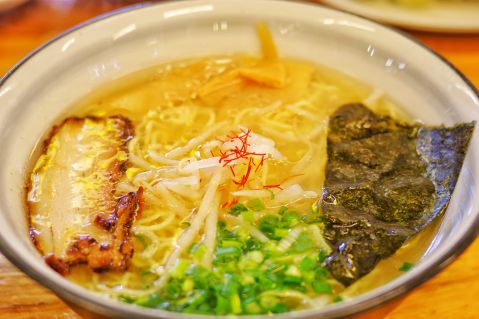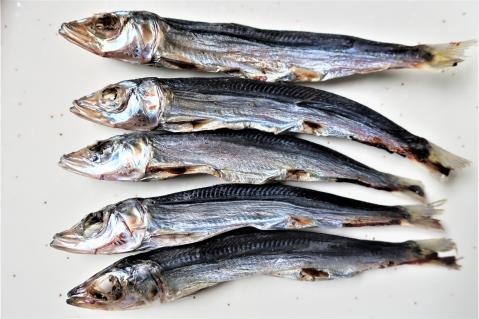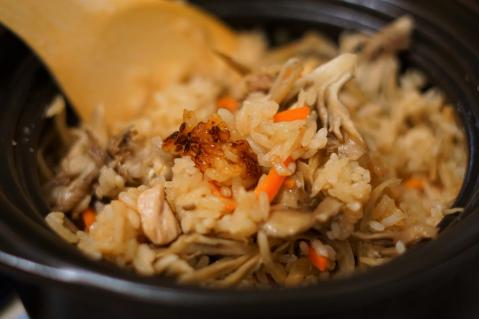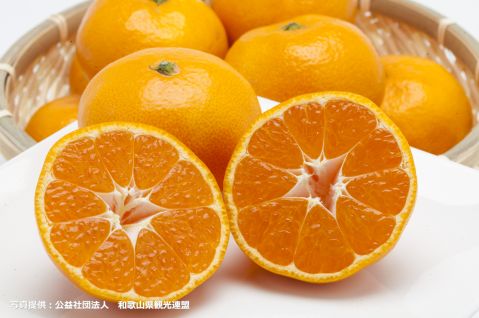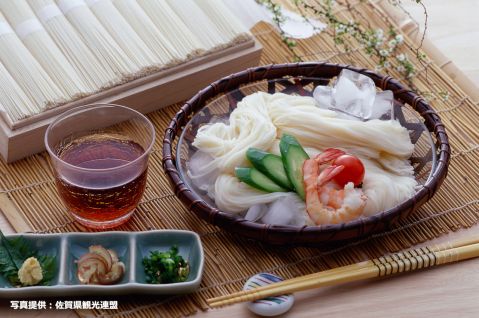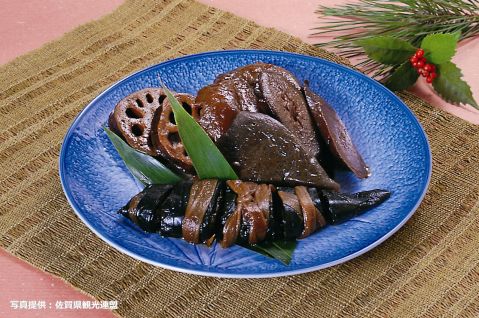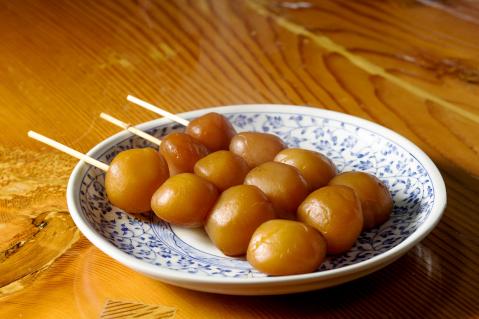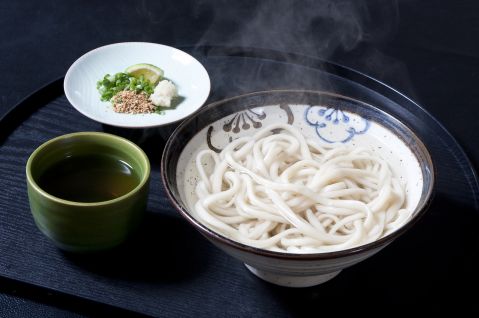New Articles
Hachioji Ramen
Hachioji Ramen (八王子ラーメン, Hachioji rāmen) is a beloved local specialty of Hachioji City in Tokyo, celebrated for its simple yet unique charm. This dish features a clear...
Kobe Croquette
Kobe Croquette (神戸コロッケ, Kobe Korokke) is the delicately crafted croquette that originated in Kobe City, Hyogo Prefecture. Made with premium potatoes and carefully selected...
Jabu
Jabu (じゃぶ) is a comforting local dish from Shinonsen Town in Mikata District, Hyogo Prefecture. This homestyle stew features chicken, tofu, shirataki noodles, burdock root, o...
Nara Zuke
Nara Zuke (奈良漬, Nara zuke) is a traditional fermented delicacy that originated in Japan’s ancient capital, Nara. Developed during the Heijō-kyō period as a preserved food, th...
Jumangoku Manju
Jumangoku Manju (十万石まんじゅう, Jumangoku manju) is the signature confectionery of Fukusaya, a Japanese sweets shop established in 1952 in Gyoda City, Saitama Prefecture. Its...
Anko Hot Pot
Anko Hot Pot (あんこう鍋, Ankō nabe) is a signature winter dish from Fukushima Prefecture, made with the various parts of anglerfish, a deep-sea delicacy. Known as a prized seaf...
Hiyajiru
Hiyajiru (冷や汁, Hiyajiru) is a traditional dish from Yonezawa City in Yamagata Prefecture, consisting of chilled dashi broth paired with seasonal vegetables. Its origin dates ...
Deep-Fried Eggplant and Grated Daikon Soba
Yamagata Prefecture is celebrated as one of Japan’s foremost soba regions, boasting a rich and diverse soba culture deeply rooted in its local traditions. Among its many offerin...
Anori Fugu
Anori Fugu (あのりふぐ, Anori fugu) is a premium ingredient that represents the town of Ago in Shima City, Mie Prefecture. This natural tiger pufferfish is raised in the rich wa...
Benkei Rice
Benkei Rice (弁慶飯, Benkei meshi) is a flavorful mixed rice dish and a cherished traditional food from Yamagata Prefecture. Its bold and hearty taste is said to be inspired by ...
Natto Mochi
Natto Mochi (納豆餅, Natto mochi) is a beloved traditional dish from Yamagata Prefecture, commonly enjoyed as a winter favorite. Often prepared at home during New Year celebrati...
Kakimeshi (Oyster Rice)
Kakimeshi (牡蠣飯, Oyster Rice) is a traditional dish from Mie Prefecture that blends fresh oysters from Ise Bay with locally grown rice, creating an irresistible harmony of fla...
Susono Water Dumplings
Susono Water Dumplings (すその水ギョーザ, Susono suigyouza) are a unique local specialty from Susono City in Shizuoka Prefecture. These healthy dumplings feature a distinctive g...
Pork and Miso Flavored Imoni
Pork and Miso Flavored Imoni (豚肉と味噌味の芋煮, Butaniku to Miso Aji no Imoni) is a comforting hot pot dish from the Shonai region of Yamagata Prefecture, made by simmering ta...
Trout with Sweet Soy Sauce Glaze
"Trout with Sweet Soy Sauce Glaze (鱒のあんかけ, Masu no Ankake)" is a traditional dish from Yamagata Prefecture, cherished in the Shonai region as a herald of spring. It featur...
Kaimochi
Kaimochi (かいもち, Kaimochi) is a beloved traditional dish from Yamagata Prefecture that highlights the natural, hearty flavor of buckwheat flour. Made by kneading buckwheat fl...
Mogami River Oshin Bento
The Mogami River Oshin Bento (最上川おしん弁当) is a special bento meal served during the scenic boat rides along the Mogami River in Yamagata Prefecture. Packed with locally so...
Fukutaro
Located in Mishima City, Shizuoka Prefecture, Mishima Taisha is a historic Shinto shrine that has been revered since ancient times as the head shrine of the Izu Province. The en...
Iwato Mochi
Iwato Mochi (岩戸餅, Iwato mochi) is a traditional Japanese sweet from Ise City in Mie Prefecture, created in tribute to the "Iwato Kagura," a dance performed by the goddess Ame...
Imoni (Yamagata Taro Soup)
Imoni (芋煮, Yamagata taro soup) is a quintessential hotpot dish from Yamagata Prefecture, enjoyed mainly during the autumn and winter seasons. This hearty dish features key ing...
Sukugarasu Tofu
Sukugarasu Tofu (スクガラス豆腐, Sukugarasu tōfu) is a beloved traditional dish from Okinawa, enjoyed in izakayas and homes alike. Despite its simplicity, it offers a deeply sat...
Chicken-Chicken Gobo
Chicken-Chicken Gobo (チキンチキンごぼう) is a beloved local dish from Yamaguchi Prefecture that originated in school lunches and has since become a popular favorite both within...
Turnip Zoni
Turnip Zoni (かぶ雑煮, Kabu Zoni) is a heartwarming traditional dish widely enjoyed in Hagi City and surrounding areas in Yamaguchi Prefecture. Especially beloved as a New Year’...
Beef Bone Ramen
Beef Bone Ramen (牛骨ラーメン, Gyūkotsu Rāmen) is a rare local specialty from Tottori Prefecture, renowned for its unique broth made from beef bones. This traditional dish, cher...
Kind of food
Recommended
-
![Sun-dried Round Urume Sardines]()
Sun-dried Round Urume Sardines
Yamaguchi / >Seafood -
![Maitake Mushroom Rice]()
Maitake Mushroom Rice
Shimane / >Don dish -
![Wakayama Arida Mikan]()
Wakayama Arida Mikan
Wakayama / >Local cuisine -
![Kanzaki Somen]()
Kanzaki Somen
Saga / >Soba & Udon -
![Funankogui]()
Funankogui
Saga / >Local cuisine -
![Tama Konnyaku]()
Tama Konnyaku
Yamagata / >Local cuisine -
![Jumangoku Manju]()
Jumangoku Manju
Saitama / >Local cuisine -
![Hochou]()
Hochou
Oita / >Soba & Udon
